President carves unique plaque in Zim political history
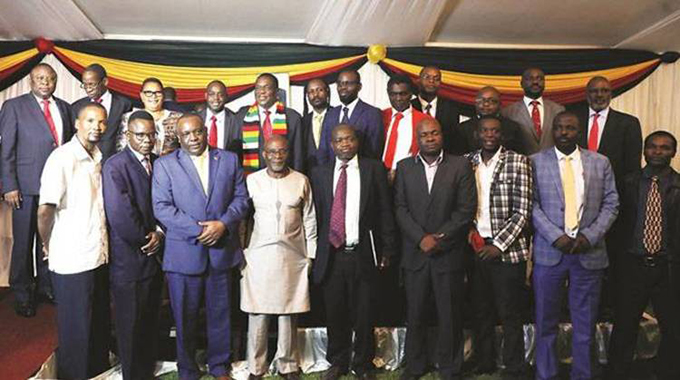
Nick Mangwana Special Correspondent
Very few people doubt that Zimbabwe has been in need of radical changes in its politics, culture and institutions, touching the very nationhood of the Republic.
The question one may ask is whether that change has started or not?
The problem with progressive dispensationalism is that it is not desirable, but clearly a necessity.
It means it is not something that is easily acceptable. It may temporarily appear to negatively affect people’s social conditions.
There will always be those that will deny that things have changed. Some will even refuse to change. President Mnangagwa and his administration are contending with both kinds of people.
The writer will do a three-part series covering Political Reforms, Legislative Reforms and Economic Reforms.
This week we are covering Political Reforms. In this context “political reform” means changes to the political system, political culture and the interaction between the citizens with the State.
It includes a change in the political decision making and changes in how the State exercises power. Again, it bears the question, has there been any change?
The simple answer is affirmative. The major political reform in Zimbabwe started being witnessed by simple gestures, like Zimbabwean citizens who had not stepped their feet in the country for as much as 15 years being able to come to the motherland.
This saw people like music icon Thomas Mapfumo and a journalist who had been an acerbic critic of the Government being able to hold political chat shows (still) attacking the Government of Zimbabwe, with no retribution coming her way.
She even did a number of provocative stunts at State House, but the State refused to be baited.
This is indeed a New Dispensation. There are many who landed in Zimbabwe for the first time after spending years in exile.
It is not only these who were able set foot in Zimbabwe without molestation.
Zimbabwe had not hosted foreign media such as the British Broadcasting Corporation, Sky News and their ilk who had been outlawed in the previous era.
In the new order, Zimbabwe does not only host these, it has gone to establish permanent bureaux for some. BBC no longer shouts news about Zimbabwe from across the Limpopo, in South Africa.
It has access to the President, who even hosts its correspondents at his official residence for tea. This was the beginning of the reform in the media sector, which is a key cog underpinning the democratisation agenda.
Last year, as Zimbabwe conducted its crucial elections, foreign media houses were allowed to come and report.
But it is not only foreign media that has benefited from the opening up of the democratic space, election observers from all sorts of hitherto banned countries were also allowed to come and witness those elections, write their reports unimpeded.
When they presented their reports with recommendations, those recommendations were received and are being taken seriously as part of the reform agenda.
There is a Cabinet committee that extrapolated every single one of those recommendations and put in place time-bound implementation matrix for the delivery of every single one of these deliverables.
Not everything went well with the post-election period. Not everyone wanted this Zimbabwe which was at this point the toast of the progressive world: anarchy was unleashed onto the streets of Harare on the 1st of August 2018.
There was clear intent to undermine the outcome of the election — which showed that President Mnangagwa had won — and de-legitimise his standing in the eyes of the international community.
Six people died in the regrettable blot of a process that had won a lot of plaudits from observers. To get to the bottom of the issue and remedy the situation, a highly-respectable internationally-recognised Commission of Enquiry was put in place.
Not only were the testimonies broadcast to the world, but the report on the findings was published and remains on the website today.
Now the recommendations made by the Motlanthe Commission are also being dealt with by the Cabinet Committee on Reform.
The writer can confirm that not a single recommendation has been discarded or ignored.
All are getting their due consideration and there is an action plan matrix against each recommendation and there is a time limit by which this has to be implemented.
We are already somewhere with each and every single one of these. There is no record of such a transparent approach to governance and accountability in the history of this country prior to this.
President Mnangagwa has always said we need every shoulder to the wheel to make Zimbabwe work.
We can contest each other at elections, but soon after, let’s all focus on building our country until the next elections when we contest each other again. It is within that matrix that President Mnangagwa began a process of broaching arguably the most unpleasant of taboos of our young nation — the Gukurahundi issue, that had long been spoken of in hushed tones.
Part of the change in Zimbabwe’s political approach under President Mnangagwa was him opening discussions about Gukurahundi (and related subjects such as marginalisation and underdevelopment).
With that single act of candour, President Mnangagwa opened the way for national discourse and introspection and a healing process that will ensure that the country is at peace with itself.
No longer will the subject be considered anathema.
Following up on his inauguration speech pledge of being a “Listening President”, The Head of State acceded to a request for meeting by a group of civic organisations under the banner of the Matabeleland Collective.
Following the meeting, the President through Government, immediately facilitated the following:
- acquisition of identity documents for Gukurahundi victims,
- legal exhumations of Gukurahundi victims upon request from families,
- open discussion on Gukurahundi; and
- provision of medical assistance to Gukurahundi victims.
The President’s move to finally address Gukurahundi and its surrounding trauma and controversies has been widely hailed as an important step in rebuilding the nation.
Regarding the issue of devolution, which has also been a contentious issue and fodder for opposition parties in past decades, President Mnangagwa’s Government has kick-started processes to devolve power and administration by prioritising local businesses in the award of tenders and giving locals first preference when filling in positions.
In the meeting with the Matabeleland Collective, the President committed to engaging on input towards crafting the kind of devolution of power that will take power from central Government to provinces for them to set their own development priorities.
Apart from the Matabeleland Collective, President Mnangagwa has been meeting with chiefs, civic society, churches, political parties, private media and captains of industry as part of a broad-based engagement drive.
The local engagement drive has been buttressed by international re-engagement efforts which have seen him travelling to countries previously snubbed by the old dispensation and mending bridges while cementing others.
For more than a decade and half, there had not been any formal contact between the European Union (EU) and the Government of Zimbabwe. But now the era of berating bellicose against the West is over.
Negotiations between the Zimbabwe and the EU have started off at the ministerial level and will soon escalate to further diplomatic heights.
This is the hallmark of the re-engagement policy; a foreign policy based on new frontiers being opened and old diplomatic frontiers being revitalised.
The vibrancy of international engagement and re-engagement has shone through these past few months and during our national grief occasioned by Cyclone Idai in March, there was a lot of symbolism in the assistance that was extended to the country.
China came in as the old and dependable friend. United Arab Emirates came in as a new frontier of friendship. (This month alone, the country has received medical equipment from the UAE, the first of three batches donated by that country after its leader engaged with President Mnangagwa.)
Even countries such as the United States of America, chose the delicate moment to send a message of re-engagement.
Relations with the US are thawing at a decent pace, resulting in increased cooperation in sectors that will benefit Zimbabweans at large.
President Mnangagwa’s domestic policy on the political front has been one of rapprochement and giving birth to the Political Actors Dialogue (Polad) platform which was launched in February this year.
Polad brings together over 18 political leaders and parties that participated in the 2018 harmonised elections and is an equal no-holds-barred platform for stakeholders to share ideas on how best to move the country forward.
Polad also incorporated civic leaders whose voice President Mnangagwa is on record saying he listens to. The history-making dialogue is being co-convened by National Peace and Reconciliation Commission (NPRC) Chairperson Retired Justice Selo Nare and Zimbabwe Gender Commission (ZGC) chairperson Mrs Margaret Sangarwe-Mukahanana.
Polad is not only a manifestation of President Mnangagwa’s inclusive brand of politics, but is also a fulfilment of one of the Mothlanthe Commission of Inquiry recommendations.
The commission was set following the 1 August 2018 violent demonstrations as opposition supporters demanded the immediate release of election results.
Part of the commission’s recommendations was “nation building and reconciliation, including an initiative for multi-party dialogue and cooperation and promotion of political tolerance, and responsible and accountable leadership and citizenry.”
To this end and beyond, President Mnangagwa has gone on record with a call for all progressive Zimbabweans to come together and build with him the Zimbabwe we want.
This call has been warmly received by political and civic society leaders, save for a few egomaniacs, witnessing the birth of a new culture of political tolerance.
President Mnangagwa has demonstrated proven zeal to fight the scourge of corruption.
In its 2019, Investment Climate Statement for Zimbabwe, the US Department of State noted that “the Mnangagwa Government has committed itself to eradicate corruption. Since December 2017, the Zimbabwe Anti-Corruption Commission (ZACC) has arrested and brought before the courts a number of high-ranking officials . . .”
The Government also created a policy to improve the accountability in the use of State resources through the introduction of the Public Finance Management Act in March 2010.”
Hate him or love him, President Mnangagwa has carved and continues to carve for himself, a unique plaque in Zimbabwe’s political history.
To all intents and purposes, he looks set to go down in history as Zimbabwe’s first inclusive leader who managed to unite a deeply polarised country and rally everyone towards nation building.
This is down to his character and temperament — he has said, correctly so, that he is “soft as wool” — and it is his temperament that has helped the country to move forward.
There is an indissoluble nexus between reform and the attainment of Vision 2030 — achieving Upper-Middle Income Status.
Whilst there are international commitments Zimbabwe made regarding reform, what is good for Zimbabwean people — that which makes them attain their aspirations — remains the bedrock and motivation for reforms.
The writer is Secretary for Information, Publicity and Broadcasting Services.


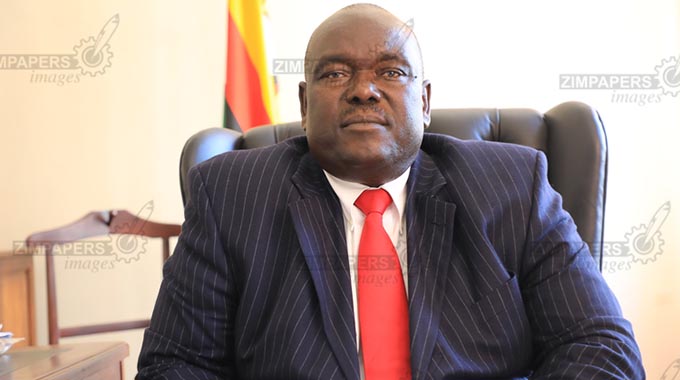
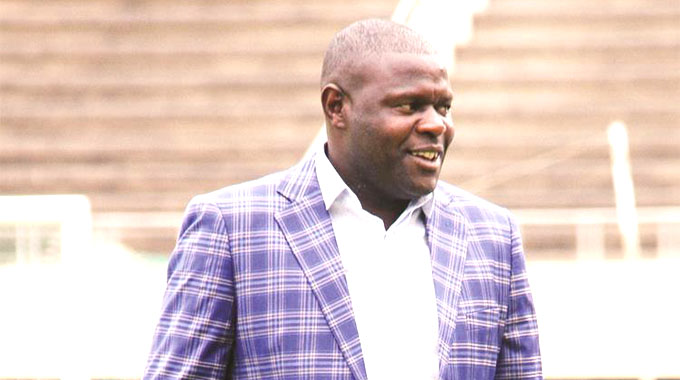
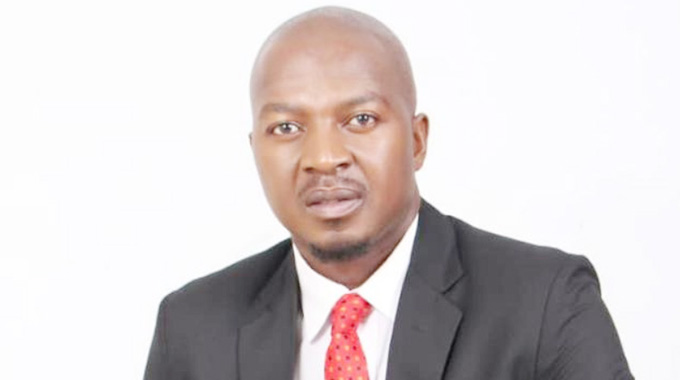
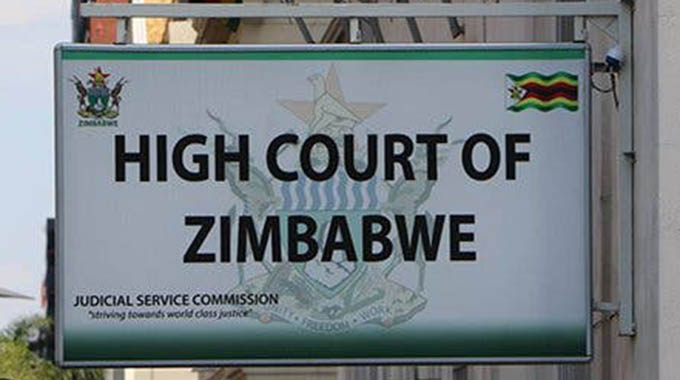


Comments